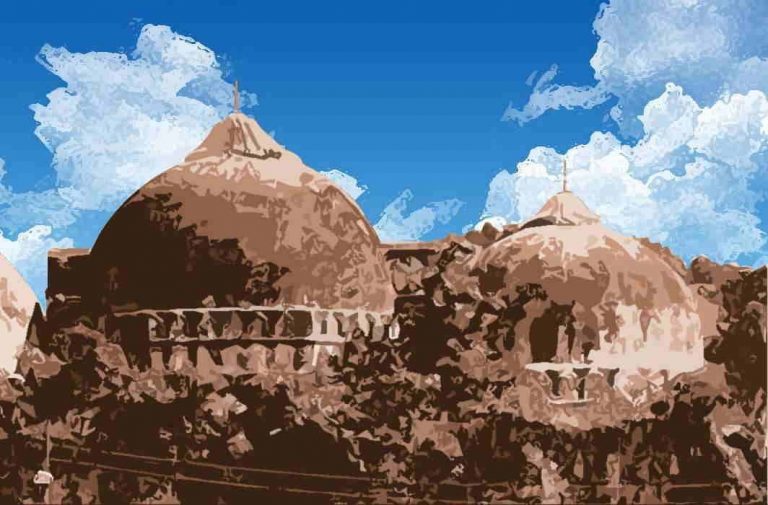
The Supreme Court on Thursday asked can the place like Ram Janmsthan, also be maintained to be juristic person just like Ram Lalla Virjaman which has been held to be juristic person.
The apex court asked this question to former Attorney General and Sr Adv K Parasan who was appearing for Ram Lalla Virjaman on the third day of day-to-day hearing of Ramjanambhoomi–Babri Masjid land dispute case.
At the outset, Parasan started arguments by saying janambhoomi is very important and Janmsthan has different facets. “It means a place or a locality. Janmasthan can also mean the entire surrounding of a place. When we talk about a building we don’t talk only about the building but about the whole area. Hence the whole area is the Janmasthan and it is an integrated part of the institution which cannot be denied,” said Parasan.
Parasan further added: “The entire property is one integration. The finding of the court is that Ramjanmabhoomi is not a juristic person. The deity was not made a party when the property was attached by an order of the magistrate under Section 145 CrPC and when civil court granted injunction. There is a temple 300 yards away which is known as the Janmasthan Temple. The right to worship can be invoked under the provisions of CrPC.”
The court asked: “Is Janmasthan can be a juristical person. The Uttarakhand High Court has said that a particular river is a juristic person. There are pleadings by you that worship is not only physical worship but the divine entity so can the juristical personality be extended to the source of worship questions.”
—India Legal Bureau

